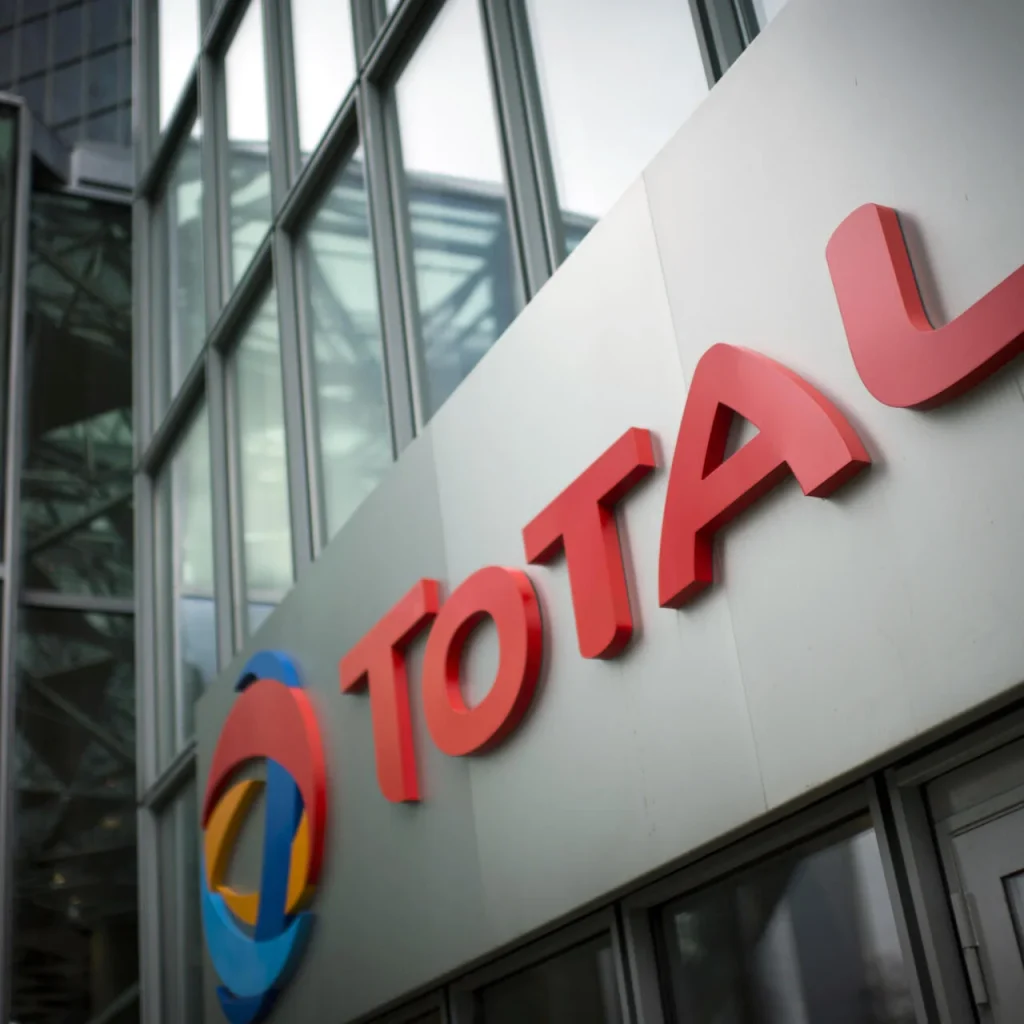In late December 2020, jihadist rebels escalated attacks near the Total-led Mozambique LNG project on the Afungi peninsula in Cabo Delgado, security sources told AFP.
On January 1, 2021, insurgents, locally known as Al-Shabaab and aligned with the Islamic State (unrelated to Somalia’s group), clashed with security forces at Quitupo village on the 7,000-hectare site, marking the first fighting on the project grounds. Rebels died in the gunfight, per a security source.
Total’s Response to Threats
Total, holding a 26.5% stake in the $20 billion (€16.5 billion) LNG project, reduced its 3,000-strong workforce, mostly contractors, due to security threats and COVID-19 challenges, the company announced. Sources indicated plans to relocate about 100 expatriates to Maputo, with airlines coordinating evacuation flights. Local workers received orders to stay home until further notice, employees confirmed.
December Raids and Regional Impact
Military sources reported four jihadist raids in December 2020 near the LNG site, including attacks on Monjane village, 5 km away. The insurgency, ongoing since 2017, has killed over 2,400 people, with more than half civilians, and displaced 570,000, per government and ACLED data. The violence threatens Mozambique’s economic ambitions, with the LNG project, involving six other international firms, set for 2024 production.
Insurgency’s Broader Context
Led by Ansar al-Sunna (Al-Shabaab), the insurgency exploits local grievances over poverty and exclusion from Cabo Delgado’s gas wealth, per Crisis Group reports. The March 2021 Palma attack, 25 km from Afungi, killed dozens and halted Total’s operations, forcing a force majeure declaration in April 2021. Rwandan and SADC troops later curbed violence, but attacks persisted into 2024, targeting LNG infrastructure and nearby villages.
Economic and Security Stakes
Mozambique’s LNG projects, including ExxonMobil’s $60 billion Rovuma LNG, promise $100 billion in revenue over 25 years, per Standard Bank. However, ongoing violence, including a 2024 ISMP offensive, risks derailing investments.
Total’s CEO Patrick Pouyanné secured a 25-km security perimeter from the government, but human rights concerns, including alleged military abuses near Afungi, complicate the project’s future.






